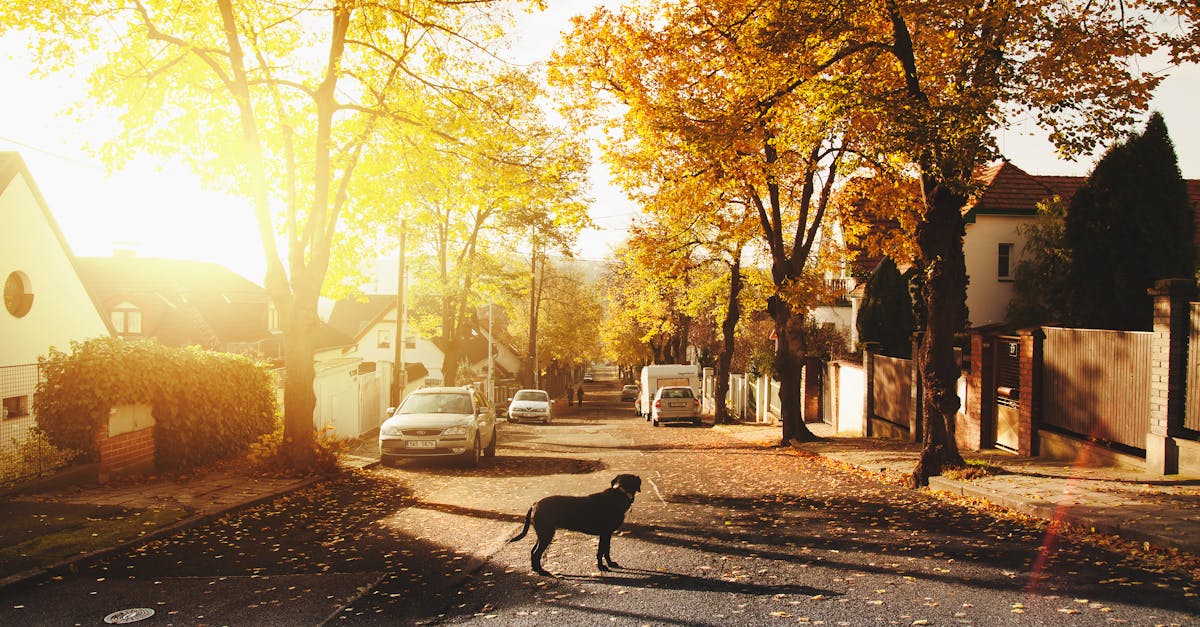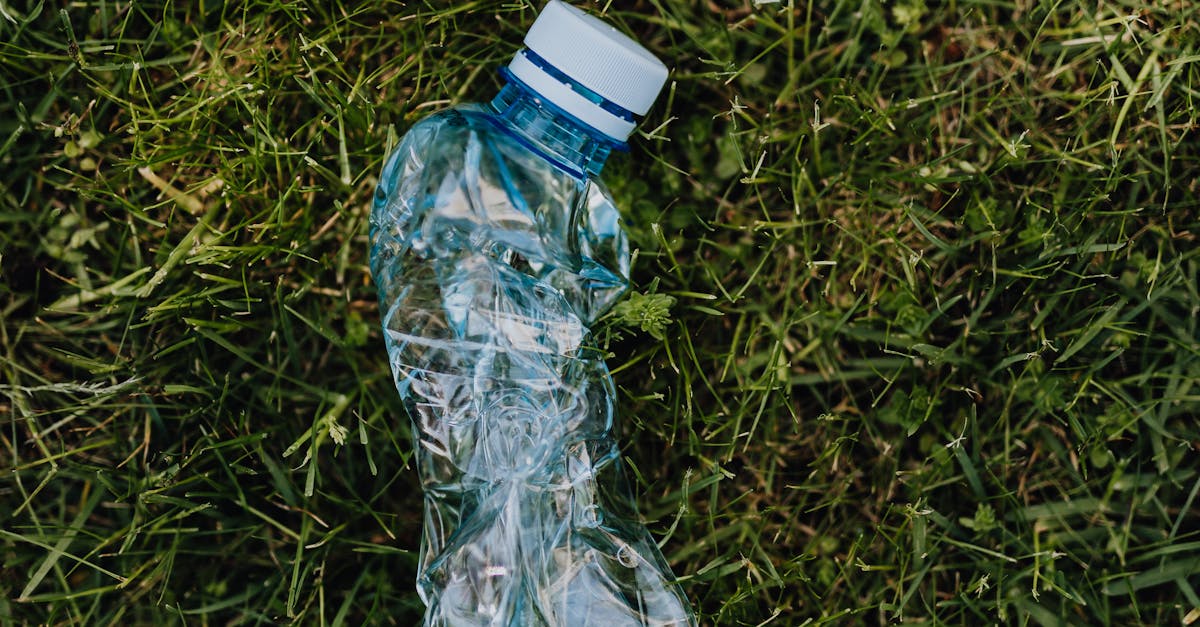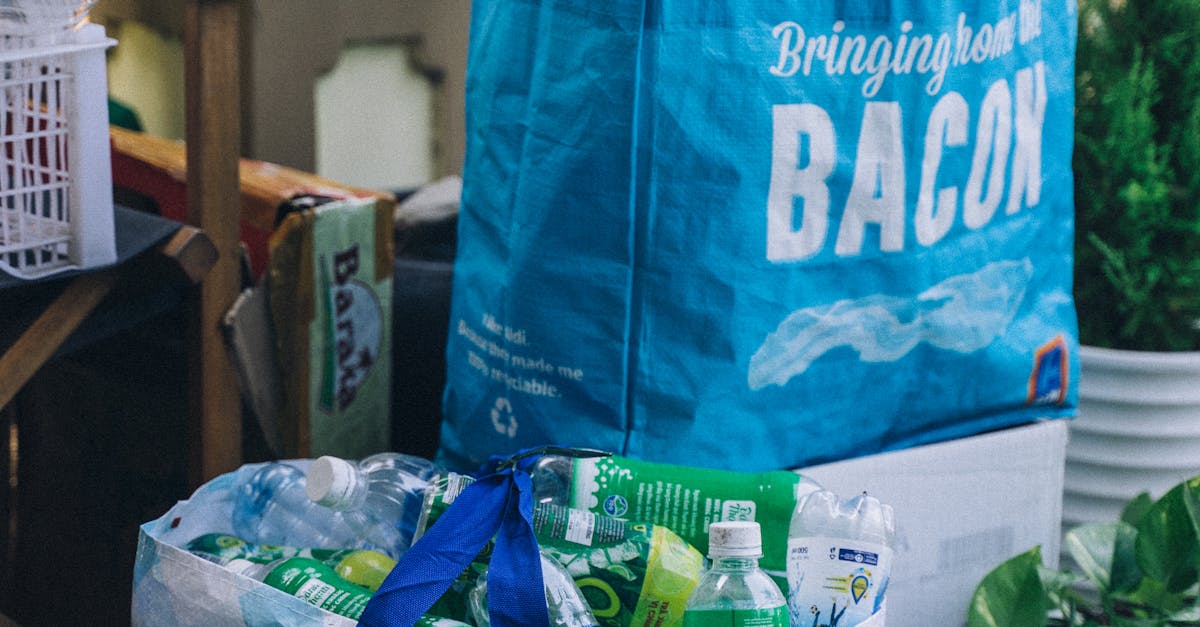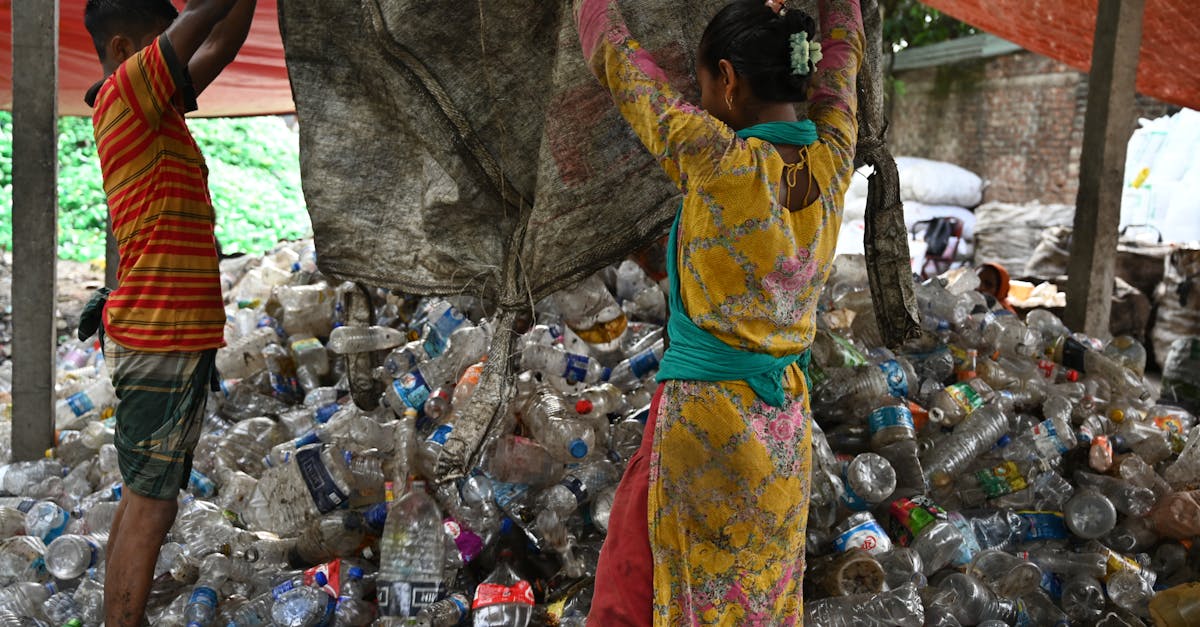The Journey Begins: Why Pet Waste Management Matters
Ever wonder why pet waste management is such a big deal? As someone who has been a pet owner for years, I can tell you that managing my pet’s waste has been a journey filled with surprises, learning curves, and even a few laughs. 🐶
The other day, I was struck by the sheer volume of waste my dog produces. It made me think about the broader implications of pet waste management, not just for pet owners but also for supply professionals. You’d be surprised at how interconnected these worlds are. From the environmental impact to the logistics of waste disposal, there’s a lot to unpack here.
But first, let’s dive into why this topic is relevant and important. If you’ve ever owned a pet, you know that managing their waste is a daily chore. However, the truth is, it’s more than just a matter of convenience. Poor pet waste management can lead to environmental pollution, health hazards, and even legal issues. So, let’s explore how supply professionals can make a difference in this often-overlooked area.
The Challenges of Pet Waste Management
Environmental Impact
You might have experienced this: walking through a park and stepping into something unpleasant. It’s not just an inconvenience; it’s an environmental issue. Pet waste can contaminate water sources, spread diseases, and contribute to the degradation of natural habitats.
- Water Contamination: When pet waste is left on the ground, rain can wash it into storm drains, leading to water bodies. This can cause harmful bacteria and parasites to enter our water supply.
- Soil Degradation: Pet waste left in parks or gardens can alter the soil’s nutrient composition, making it less fertile for plants.
- Air Quality: Decomposing pet waste releases ammonia and other harmful gases into the air, affecting air quality.
Health Hazards
If you ask me, one of the most alarming aspects of pet waste is its potential to spread diseases. Here’s a thought: pet waste can contain harmful pathogens like E. coli, Salmonella, and Giardia. These can pose serious health risks to humans and other animals.
- Zoonotic Diseases: These are diseases that can be transmitted from animals to humans. Pet waste is a common carrier of such diseases.
- Parasitic Infections: Parasites like roundworms and hookworms can thrive in pet waste and pose a risk to both humans and other pets.
Legal Implications
It’s interesting how something as simple as pet waste can have legal ramifications. Many municipalities have strict regulations regarding pet waste disposal. Failing to comply can result in fines or other penalties.
- Fines and Penalties: Many cities have laws requiring pet owners to clean up after their pets. Fines for non-compliance can range from a warning to hefty fines.
- Community Reputation: Poor pet waste management can lead to a negative perception of pet owners in the community.
Solutions and Improvements
Training for Supply Professionals
I’ve come to realize that effective pet waste management starts with education and training. Supply professionals play a crucial role in this. By understanding the challenges and solutions, they can better serve pet owners and the community.
- Workshops and Seminars: Offering training sessions for supply professionals can equip them with the knowledge they need to advise pet owners effectively.
- Educational Materials: Providing brochures, pamphlets, and online resources can help spread awareness about the importance of proper pet waste management.
Innovative Products
In my opinion, innovation is key to solving the pet waste problem. There are several products on the market designed to make pet waste management easier and more efficient.
- Biodegradable Bags: These are an eco-friendly alternative to traditional plastic bags. They decompose naturally, reducing environmental impact.
- Pet Waste Stations: These are strategically placed disposal units that provide bags and bins for pet waste. They are commonly found in parks and public spaces.
- Composting Systems: Some companies offer composting systems specifically designed for pet waste. These systems break down the waste into usable compost, reducing landfill waste.
Community Initiatives
I was just thinking about how community involvement can make a big difference. Local governments and community organizations can play a significant role in promoting proper pet waste management.
- Public Awareness Campaigns: These campaigns can educate the public about the importance of picking up after their pets and the consequences of not doing so.
- Community Clean-Up Events: Organizing regular clean-up events can help keep public spaces clean and encourage responsible pet ownership.
The Benefits of Proper Pet Waste Management
Environmental Benefits
Picture this: a clean park where children can play without the risk of stepping in pet waste. Proper pet waste management leads to a cleaner, healthier environment.
- Reduced Pollution: Proper disposal of pet waste prevents harmful bacteria and parasites from contaminating water sources and soil.
- Improved Soil Quality: By keeping pet waste out of gardens and parks, we can maintain the natural nutrient balance of the soil.
Health Benefits
If you’re like me, you’d do anything to keep your family and pets healthy. Proper pet waste management is crucial for preventing the spread of diseases and parasites.
- Disease Prevention: Proper disposal of pet waste reduces the risk of zoonotic diseases and parasitic infections.
- Cleaner Air: Reducing the amount of decomposing pet waste in public spaces can improve air quality.
Legal and Social Benefits
I’ve noticed that communities with strict pet waste regulations tend to have cleaner, more pleasant public spaces. Proper pet waste management can enhance community reputation and reduce legal issues.
- Compliance with Regulations: Proper disposal of pet waste ensures compliance with local laws and regulations, avoiding fines and penalties.
- Community Pride: A clean community fosters a sense of pride and responsibility among its residents.
Taking the Next Step: Actionable Tips
For Pet Owners
As a pet owner, I for example, have found that incorporating a few simple habits into my daily routine can make a big difference.
- Carry Bags: Always carry biodegradable bags when you take your pet for a walk. You’d be surprised how often you’ll need them.
- Use Designated Bins: Dispose of pet waste in designated bins rather than leaving it on the ground.
- Educate Yourself: Learn about the environmental and health impacts of pet waste and the best practices for disposal.
For Supply Professionals
Speaking from experience, supply professionals have a unique opportunity to influence pet owners and promote responsible pet waste management.
- Offer Eco-Friendly Products: Stock biodegradable bags, pet waste stations, and composting systems.
- Provide Educational Resources: Offer brochures and pamphlets that educate pet owners about the importance of proper pet waste disposal.
- Host Workshops: Organize workshops and seminars to train pet owners and other supply professionals on best practices for pet waste management.
For Community Leaders
In my opinion, community leaders can play a pivotal role in promoting proper pet waste management through policy and public awareness campaigns.
- Implement Regulations: Enforce local laws requiring pet owners to clean up after their pets.
- Organize Clean-Up Events: Host community clean-up events to keep public spaces clean and raise awareness about the importance of pet waste management.
- Launch Awareness Campaigns: Use social media, local news, and public signage to educate the community about the benefits of proper pet waste disposal.
Final Thoughts: Embracing Responsibility and Making a Difference
If I had to guess, you might relate to this: managing pet waste might not be the most glamorous aspect of pet ownership, but it’s an essential one. The truth is, proper pet waste management has far-reaching benefits for the environment, public health, and community well-being.
I’ve learned that by taking simple steps, we can all contribute to a cleaner, healthier world. Whether you’re a pet owner, a supply professional, or a community leader, there’s something you can do to make a difference.
So, the next time you’re out with your furry friend, remember the impact of your actions. Carry those biodegradable bags, use designated bins, and spread the word about the importance of proper pet waste management. Together, we can create a cleaner, healthier, and more responsible community for everyone.
Now you know, it’s safe to say that pet waste management is more than just a chore—it’s a responsibility we all share. Let’s embrace it with joy and commitment, for the sake of our pets, our environment, and our communities. 🐾


















